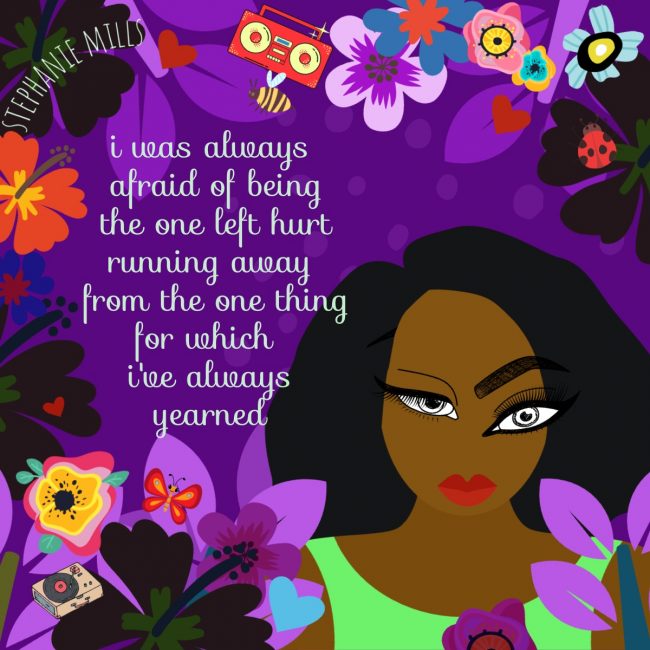Jean Carne has captivated the hearts of jazz and soul enthusiasts alike. Her Philadelphia International recordings are a testament to her unmatched talent, incorporating smooth instrumentation, soulful lyrics, and her remarkable vocal range and versatility.
Jean Carne’s first showbiz exposure was singing “Misty” on a morning radio show as a teenager in Atlanta, GA.

After meeting her husband, she joined his jazz fusion band as a vocalist, and they recorded three albums. Their recordings caught the attention of Earth, Wind & Fire, which Jean Carne joined as a backup vocalist on their first two albums.
Jean’s vocal interpretations of instrumental classics brought by Jazz greats such as John Coltrane, Miles Davis, McCoy Tyner, and Horace Silver expanded the display of her musical abilities to Jazz Lovers worldwide.
While Carne is still called a jazz vocalist in many circles, the label no longer applies to her musical legacy.” That’s how I started out, and I guess a lot of people will always think of me that way,” she told the Chicago Tribune.” Actually, I didn’t start out singing jazz at all. I guess I knew I would be involved in music in some manner. My parents told me I started singing with songs on the radio when I was 3. I joined the church choir when I was 4; I had to stand on a box. My parents thought I would teach music or possibly become an opera singer.”
After leaving Earth, Wind & Fire, she toured with Duke Ellington and signed with Buddah Records.
She teamed up with Norman Connors on the top-ten single “Valentine Love” in 1975. Throughout the rest of the 1970s, Carne continued to record and tour, releasing popular singles like “Was That All It Was?” “Free Love?” “Don’t Let It Go To Your Head?” and her number-one hit, “Closer Than Close,” in 1986.
In an interview with Soul & Jazz & Funk, she spoke about her recording experience with Philadelphia International Sound. She said, “Sometimes I would put down a scratch vocal while they did the rhythm tracks, and then the arranger would come in and sweeten it with horns and strings, and then I would come in and do the true vocal. Sometimes, I would stack my own backgrounds, and, sometimes, they were done by ‘The Sweeties’.”
Although she had multiple hits, she never liked to tour. ” I usually don’t enjoy touring. I’m a teetotaler, I don’t smoke, and I don’t party. So on the road, I usually feel out of place.”
Over the years, Jean Carne has worked with some of the most influential soul and jazz artists, producers, and songwriters, including Dizzy Gillespie, Norman Connors, The Temptations, Glenn Jones, and Phyllis Hyman. Her creativity and talent have never waned.
Jean Carne is a true icon in the music industry, and her distinctive voice and impressive body of work will continue to inspire generations to come.





